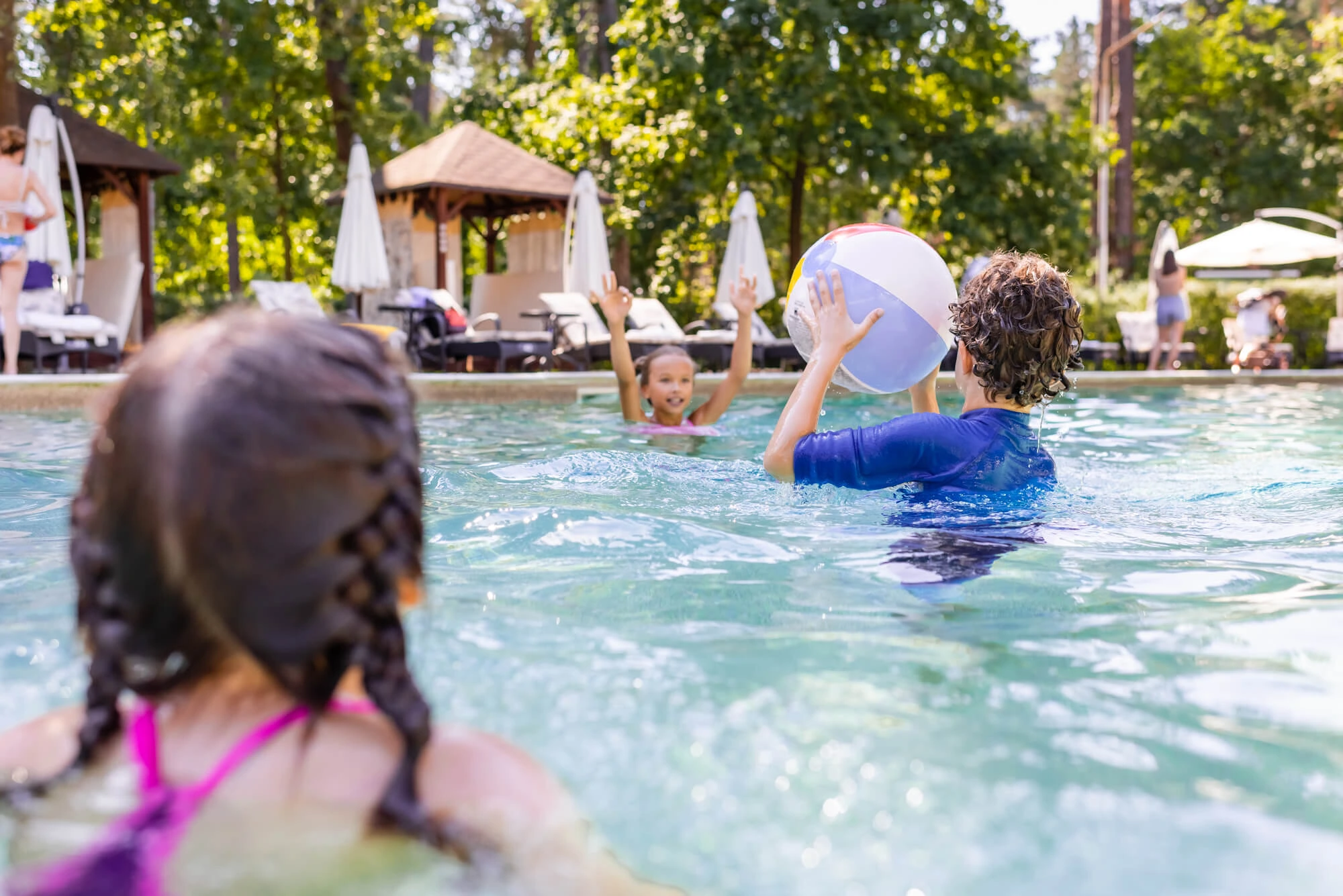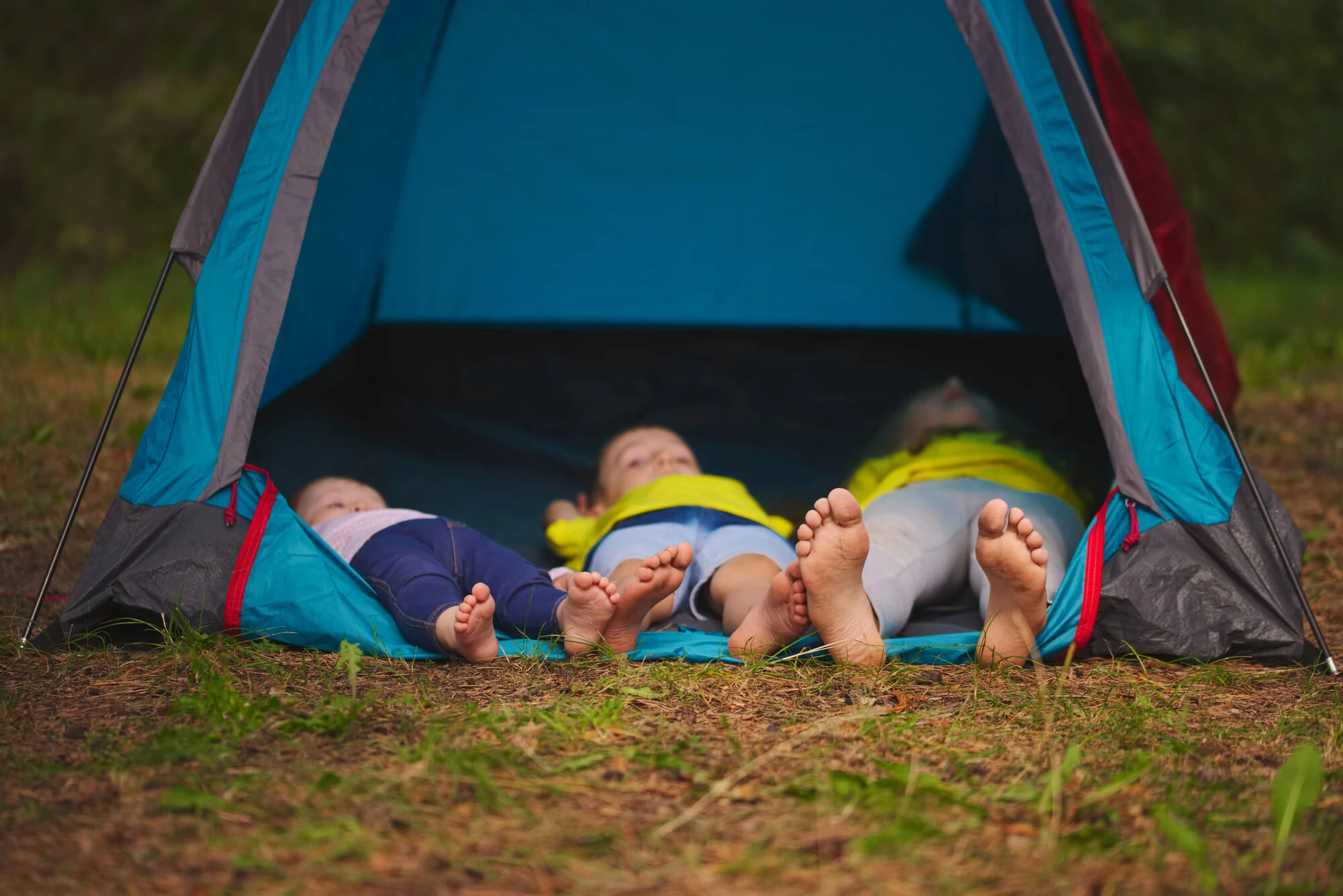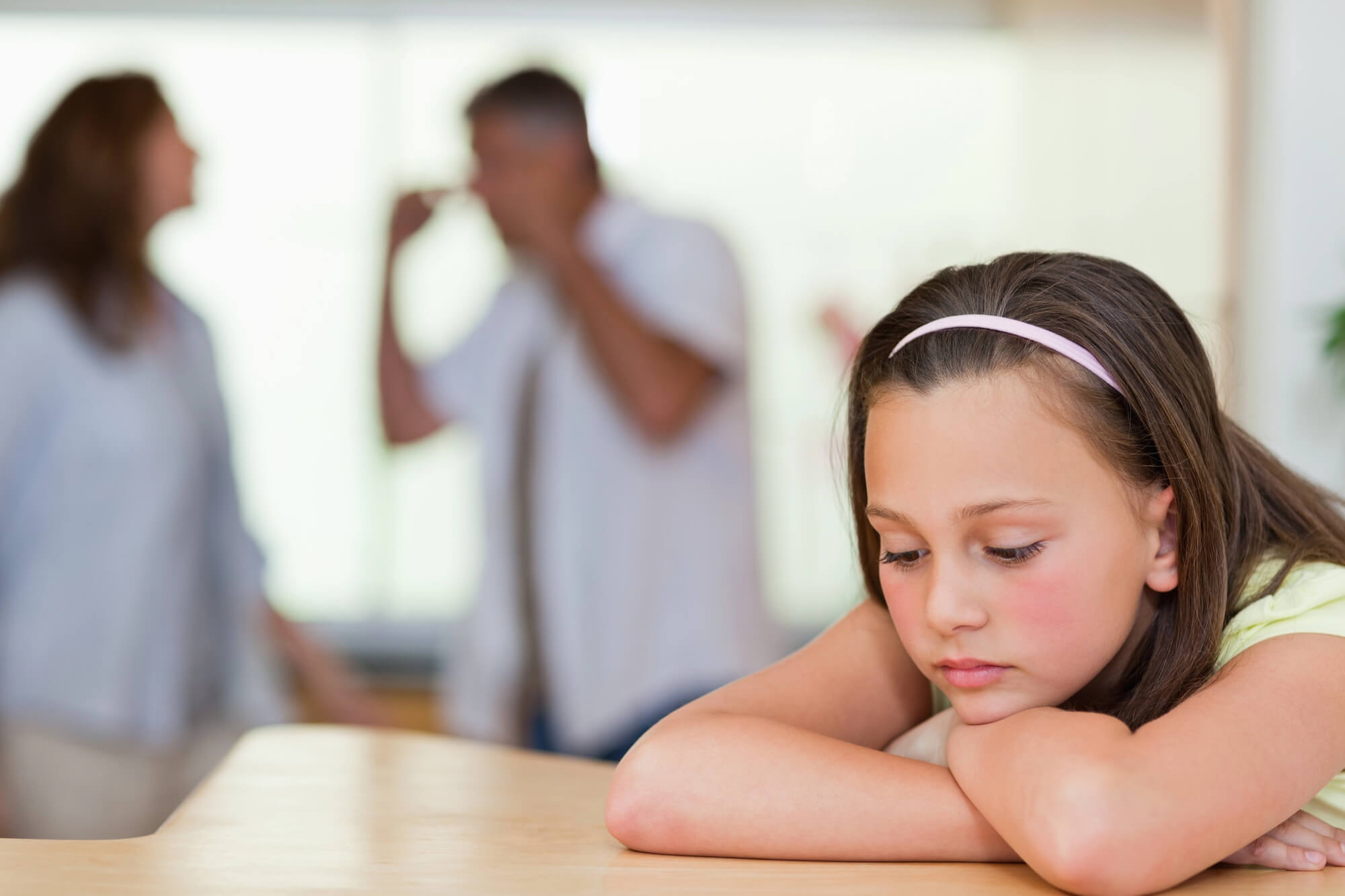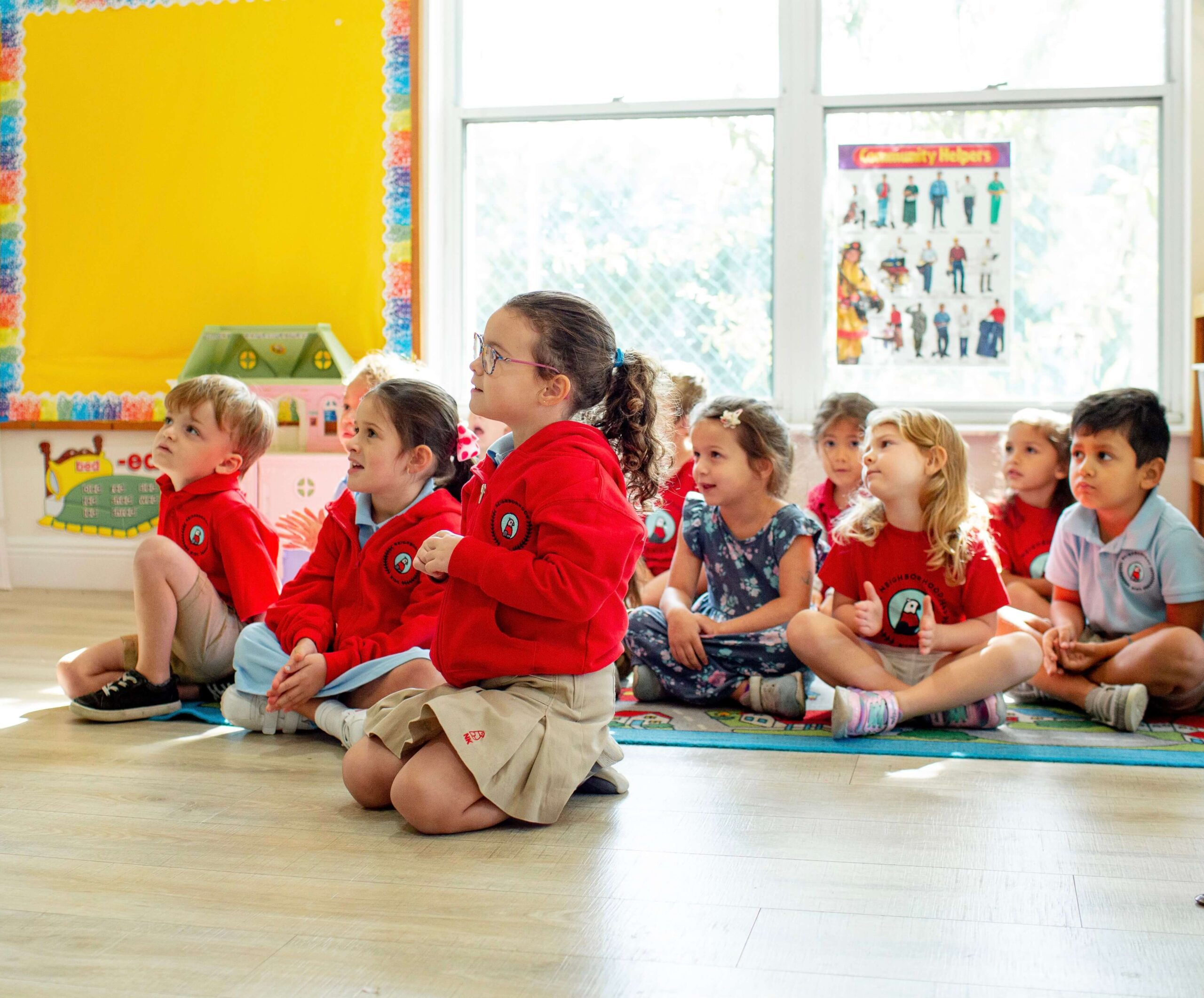When you think about your childhood summers, you probably remember those warm days with a hint of nostalgia. You rode bikes until sunrise, splashed in pools, endured sunburns from ignoring your parents’ sunscreen advice, and enjoyed camps from the best preschool programs Royal Palm Beach, FL.
Summer is a wonderful time to be a kid. As a parent, you probably want your children to experience the same joy and laughter you once did, away from screens and filled with activities. To inspire unforgettable summer memories for your family, we came up with this list of 10 fun activities for children during the summer!

10 Strategies to Keep Your Child Entertained During Summer Holidays
Summer holidays can be both a wonderful and challenging time for parents. No school means extra opportunities to spend time with your children – while maintaining work, chores, and everything else on your plate!
If you think about it, you have only around 13 summer holidays with them as little kids – a precious, limited time. To make the most of these fleeting summers, here are ways to balance creating fun memories with your children while maintaining your daily responsibilities.
1. Neighborhood Kids’ Summer Camp
When you think about your favorite summer memories, what’s one of the first things that comes to mind? That’s right – summer camp with friends!
One of the best ways for kids to enjoy summer holidays is by spending time with their friends in a safe and controlled environment at summer camp.
Preschool summer camps offer unique experiences like arts and crafts, field trips, water day activities, and more – all under the supervision of a certified professional. For instance, here at Neighborhood Kids, our summer camp follows the guidelines provided by Florida VPK standards.
We believe that with teachers and parents working together, summers can be safe and fun!
2. Encourage Physical Activities & Sports
Did you know that extracurricular activities teach children important life abilities like teamwork, perseverance, and responsibility? If your child didn’t have the time to join a sport or club during the school year, the summer is a wonderful opportunity to start.
Outdoor activities like football, badminton, or softball allow kids to stay active, have fun with their friends, and learn important lessons that will accompany them throughout their adult lives.
3. Plan A Cooking Day with Kids
Do you hate cooking on your own? Summer is the perfect time to hire a little helper!
Organizing a cooking day is great for introducing basic chores to your child while allowing them to have fun. Start with safe and easy recipes, like cookies or cake – no knives involved! The good thing about sweets is that you can also motivate your little ones with the promise of enjoying a treat afterward.
4. Organize a Backyard Campout
Use pleasant summer evenings to turn your backyard into a paradise for camping!
There’s nothing better than making a campfire, assembling sleeping bags, and setting up a tent. Together, you can do various camping activities like stargazing, telling stories, and toasting marshmallows. It’s a great way to have fun while enjoying the outdoors!
5. Set Up A DIY Indoor Obstacle Course
No backyard? No problem! You can design a basic obstacle course challenge to keep your kids active while at home. Children love competition, and obstacle courses are excellent for training their motor skills.
Here’s how to get started:
- Paste easy-to-remove painter’s tape on the floor to mark the course’s path
- Use tables and tunnels made from cardboard boxes for children to crawl through.
- Set up tape lines, pillows, or low hurdles for kids to jump over.
- Use furniture for climbing challenges, such as couches or chairs (with cushions added for safety).
- Place a line of tape on the floor, a narrow board, or low beams to test their balance.
- Include tasks like rolling over pillows or soft mats.
- For extra points, incorporate tasks like hitting a target with a soft ball or throwing a bean bag into a bucket!
This will keep them active and help them avoid sedentarism while developing their motor skills!

6. Create an Artistic Haven
Is your child drawn to doodling, painting, or crafting? Setting up a dedicated art station this summer might be the perfect creative outlet.
Designate a corner of your home as their personal art space and give them a variety of art supplies, including clay, paints, and colored pencils. In addition to having a great time, children can express themselves and grow their imagination through artistic endeavors.
7. Organize A Summer Reading Challenge
When the Florida heat becomes unbearable, reading can be a nice way to stay fresh and indoors while stimulating the imagination.
Organize a summer reading challenge to get your children interested. Select engaging reading material and set achievable goals for them. If your child struggles with motivation to finish a whole book, offer a reward after reading three chapters.
Reading helps them learn and grow their imagination while avoiding heatstroke from playing in the sun.
8. Explore Nature with Outdoor Adventures
Summer is a wonderful time to explore the outdoors with your children, especially in a nature-rich state like Florida!
You can use this time to go on nature walks with your kid, have picnics in parks, or attempt birdwatching. This will teach them the beauty of nature and help them gain a better understanding of the world around them. As David Attenborough once said, “If children don’t grow up knowing about nature, they won’t understand it. And if they don’t understand it, they won’t protect it.”
9. Start A Family Puzzle or LEGO Challenge
Indoor games for kids are another great way to bond as a family while challenging your child intellectually. Family puzzles, LEGOs, and other problem-solving activities create opportunities for fostering creativity, intellect, and safe competition!
It’s a screen-free way to spark imagination and bring the whole family together.
10. Plan A “Kindness Mission”
Why not use this time to teach your child the importance of giving?
Help your child identify small ways to help others, like assisting an elderly neighbor who needs an extra hand with a certain chore. Go through their belongings together and look for old toys and clothes they no longer use to donate. You can also make thank-you cards together to add to the gift.
Organizing a kindness mission together can positively impact your kids and teach them about sharing and compassion.

Fill Your Child’s Summer with Laughter at the Best Preschool Programs in Royal Palm Beach, FL!
Summer break is an ideal time for your child to relax and learn about their world in a fun way. From morning nature walks to solving puzzles together, the memories you create during the summer holidays aren’t just for your child: they’re unforgettable moments for you, too.
Make the most of this special time with Neighborhood Kids and create lasting summer memories that you’ll look back on with fondness. Contact us today to learn more about our summer activities!






